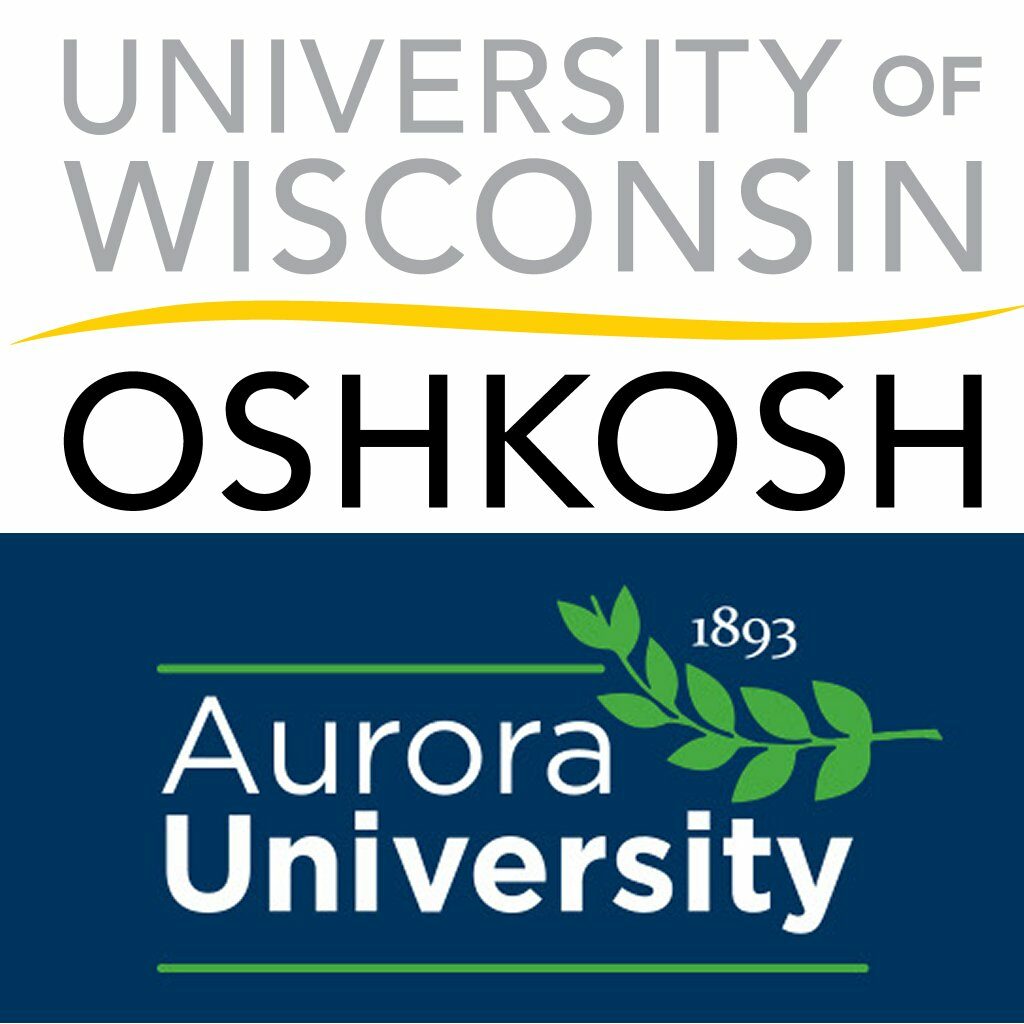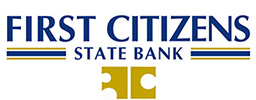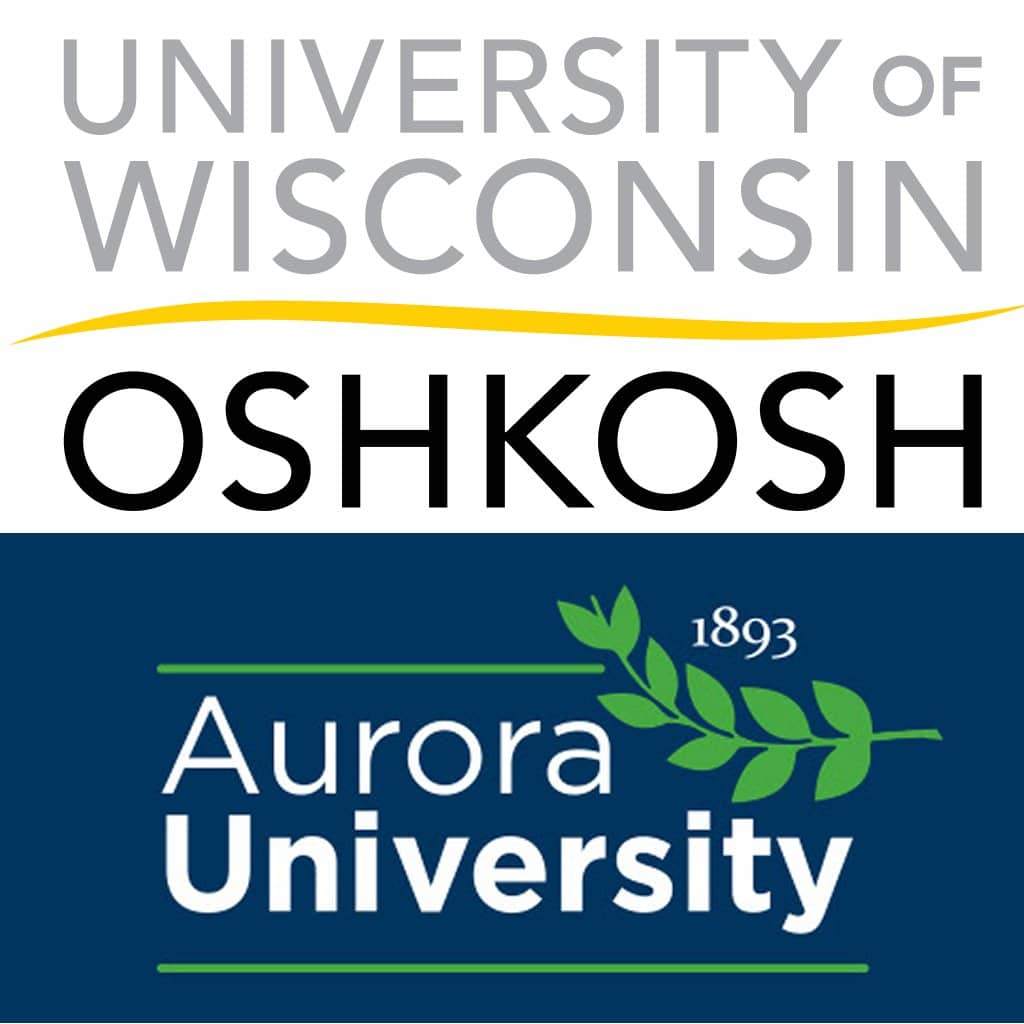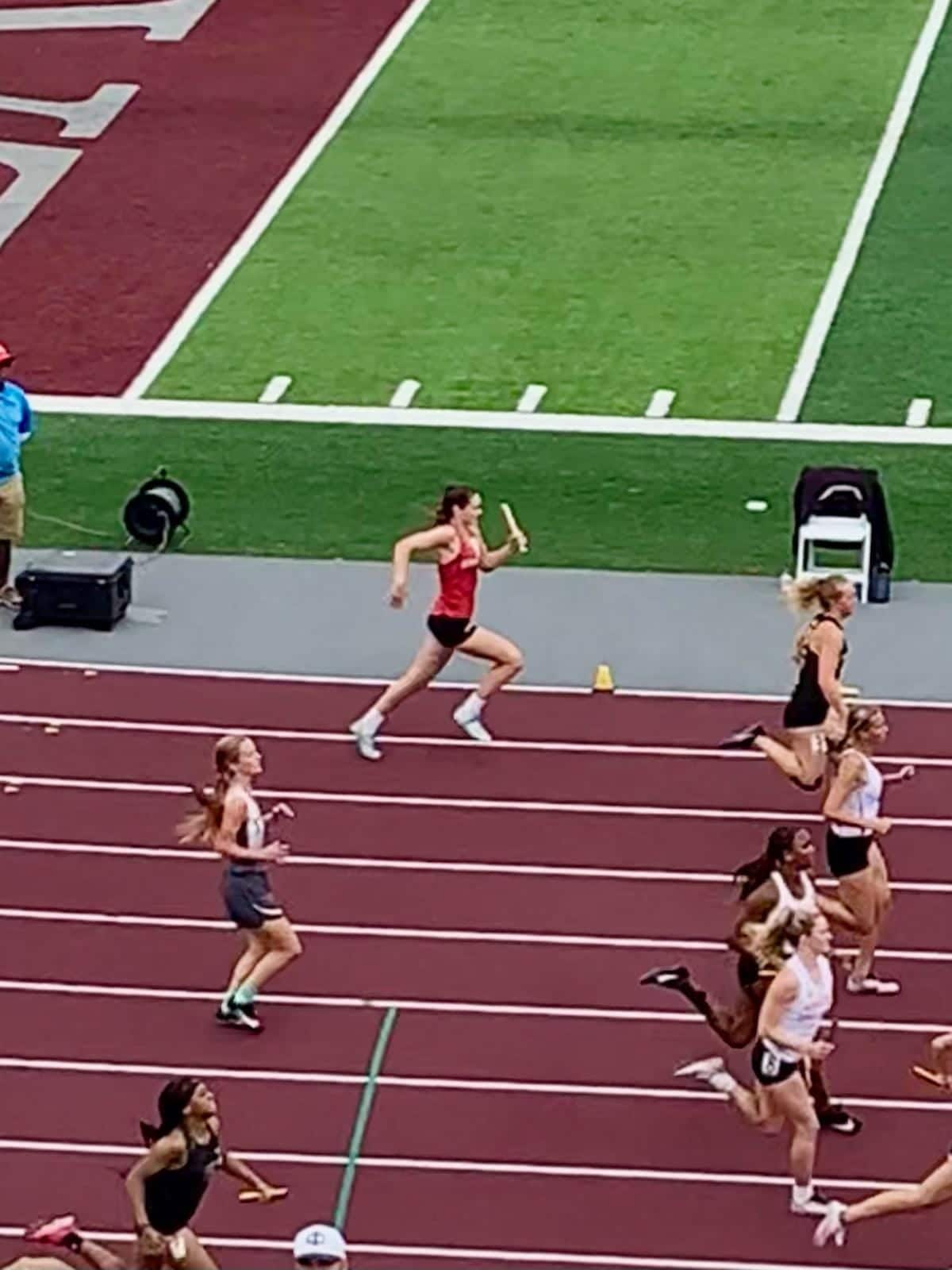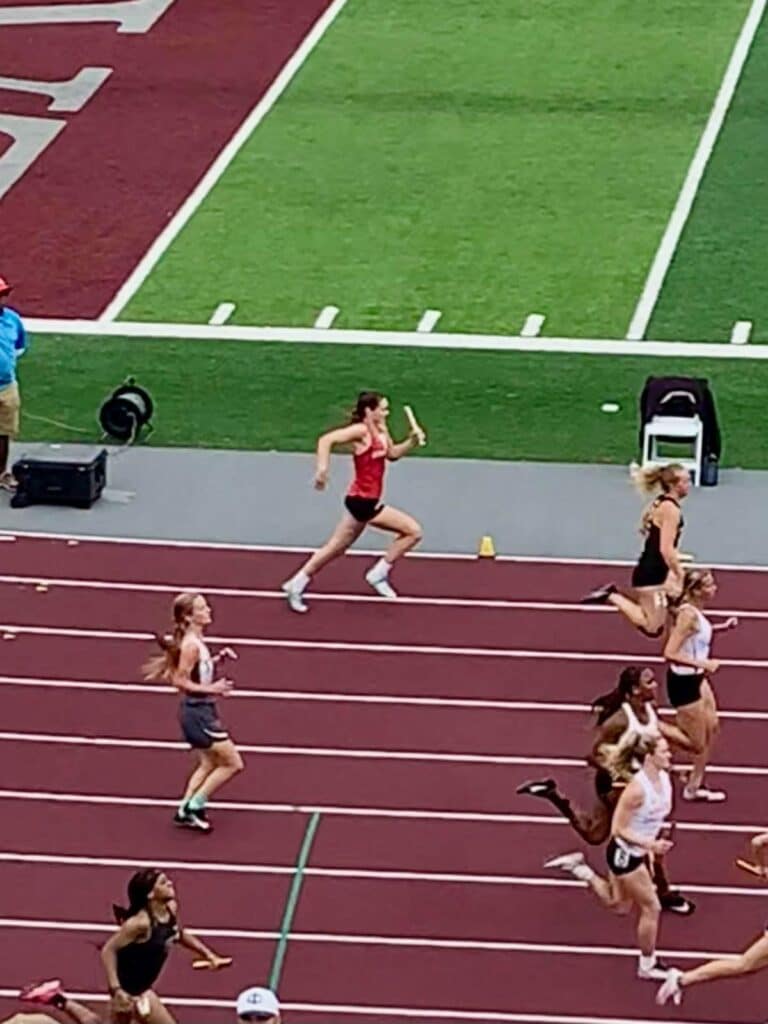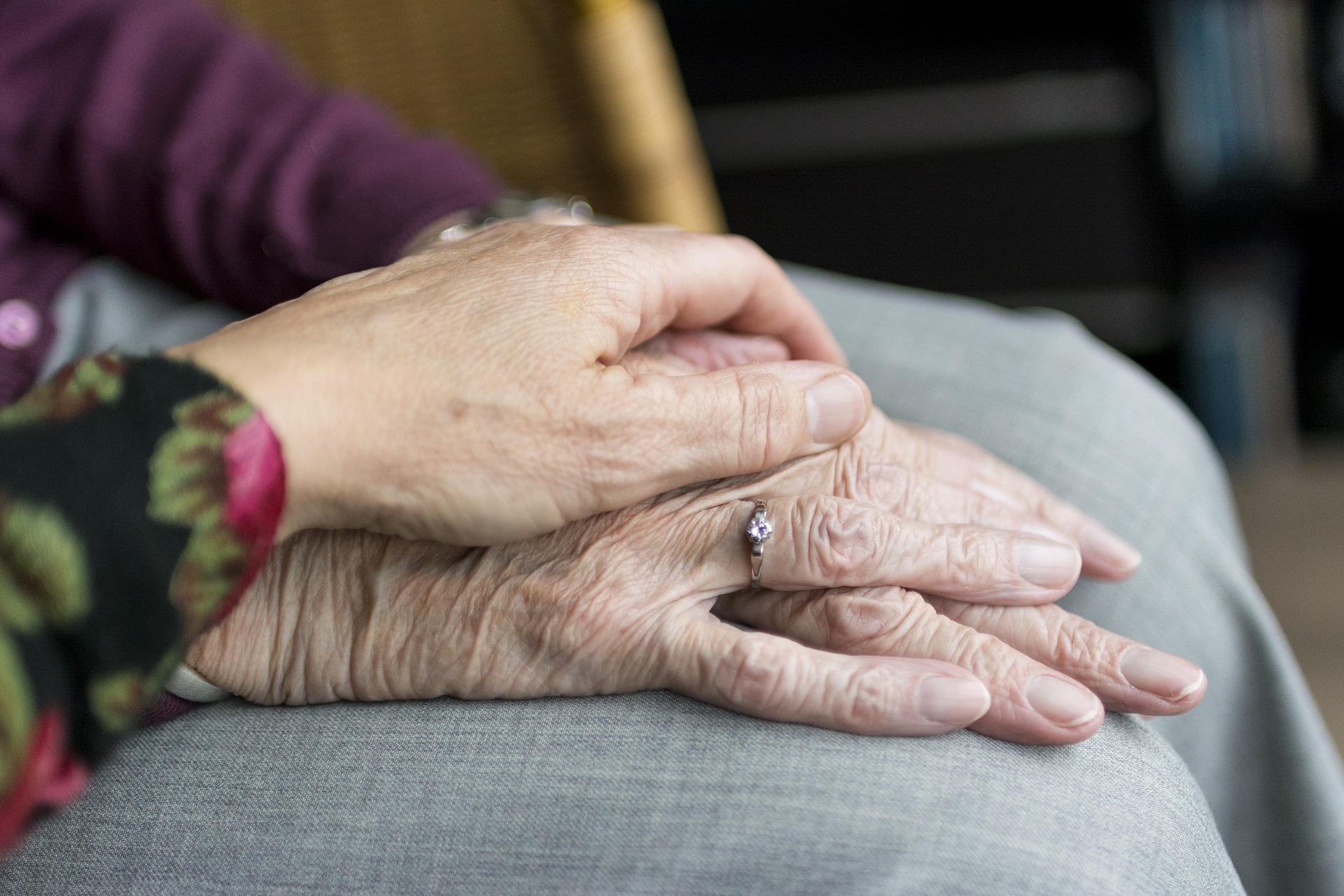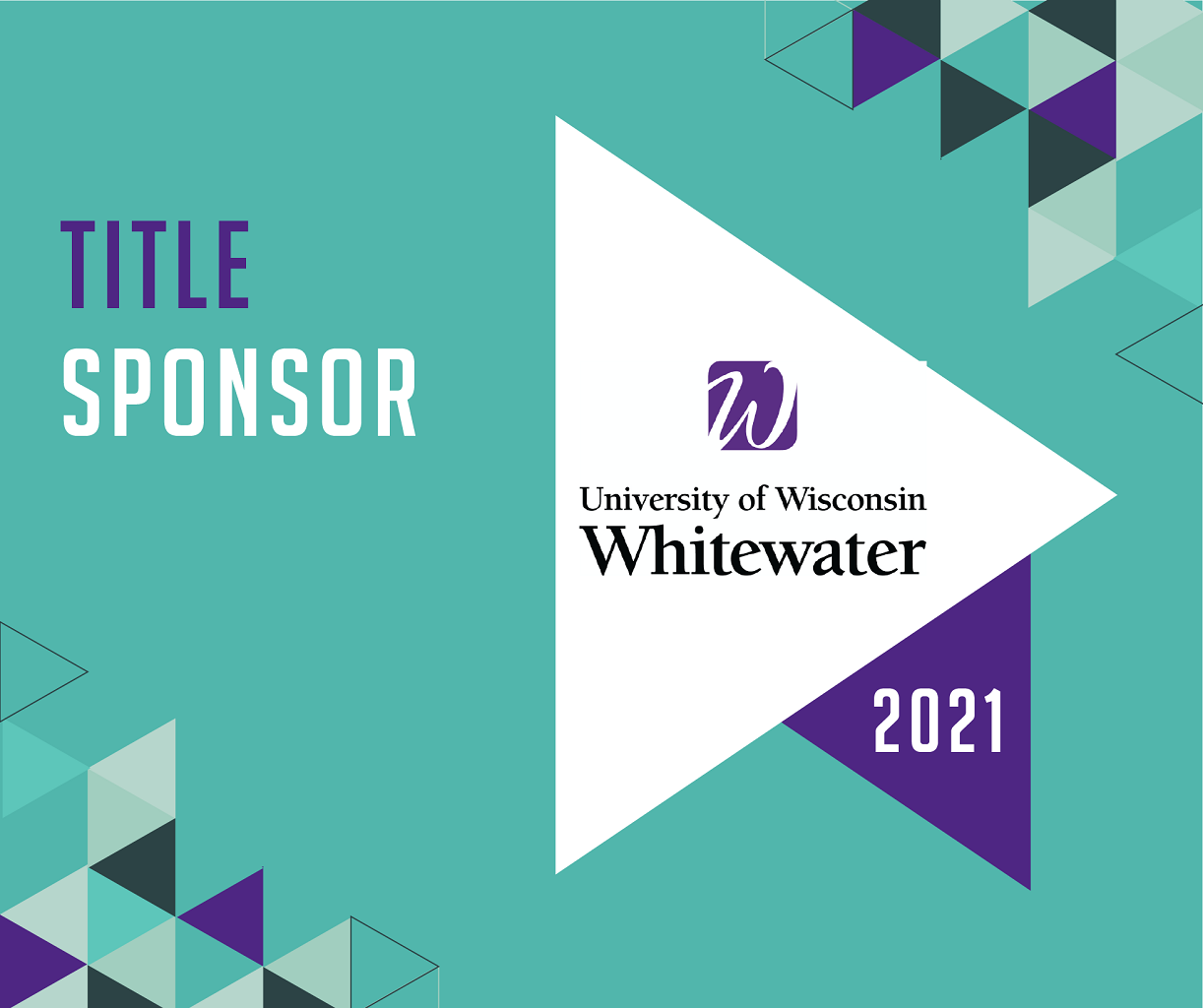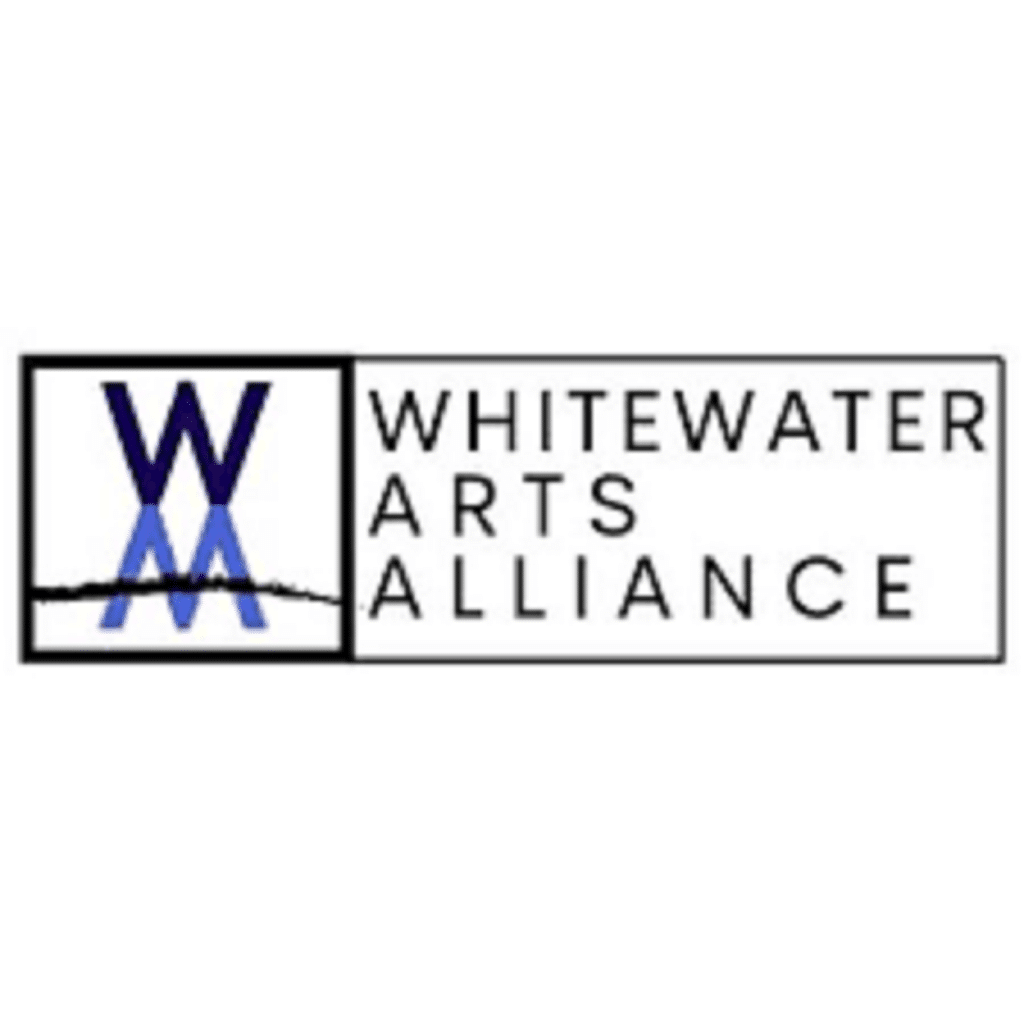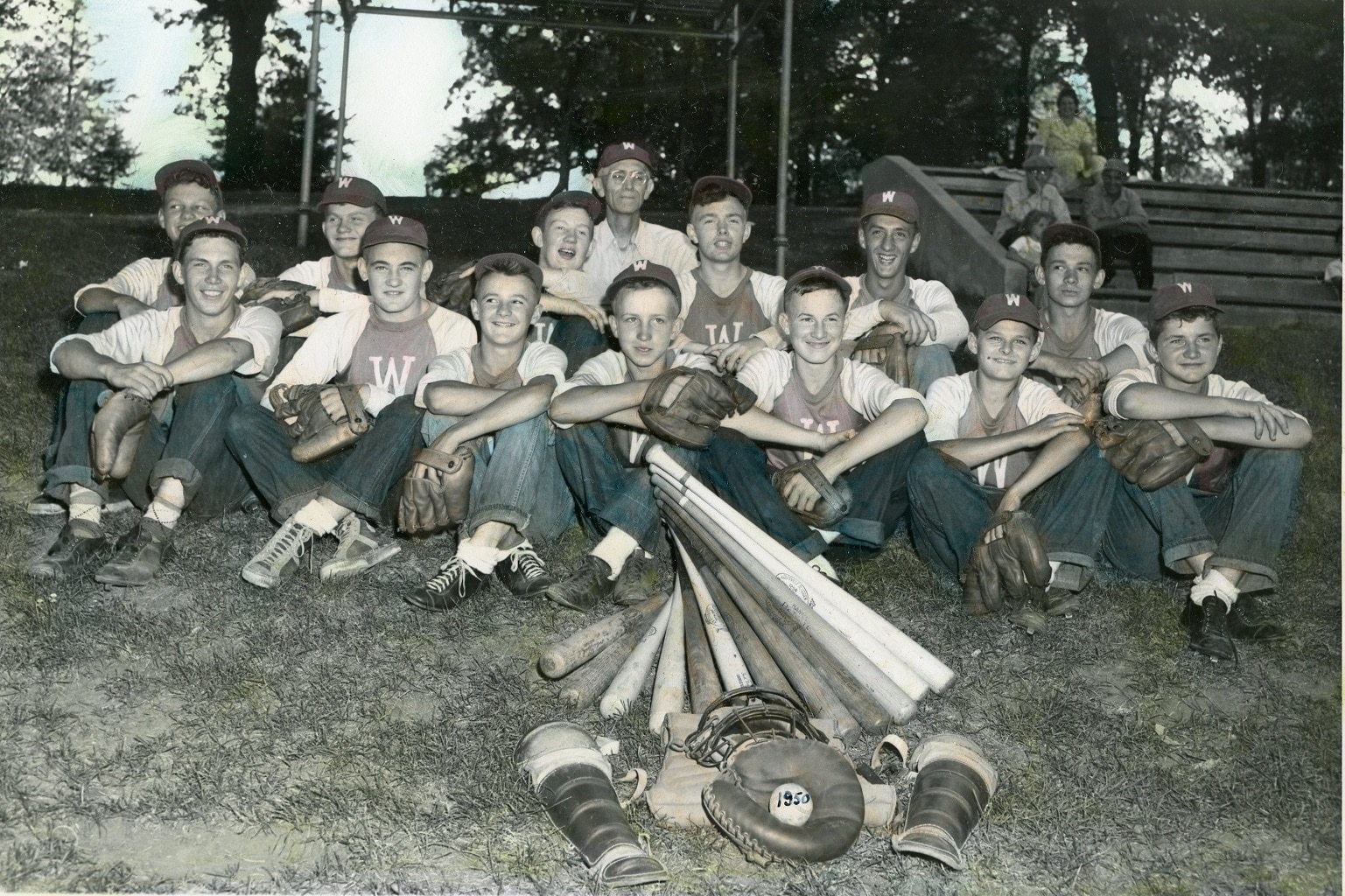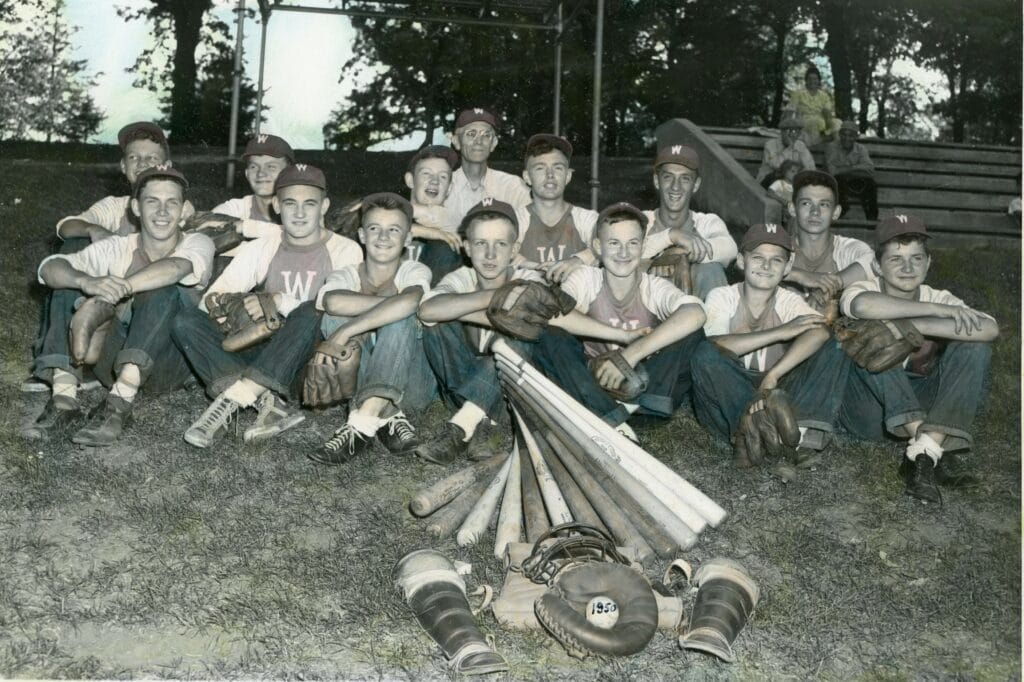The University of Wisconsin-Whitewater (UW-Whitewater) will be a title sponsor to the Discover Whitewater Series (DWS): Half Marathon & 5K for the ninth year in row.
Scheduled for Sunday, September 19, 2021, DWS participants will run through UW-Whitewater’s campus as part of the half marathon course.
The DWS has always committed to offering a fun and competitive event that showcases Whitewater’s beauty, and thanks to UW-Whitewater they can honor that commitment for the 2021 event. Participants will run the course that debuted in 2020, one that shows off UW-Whitewater’s campus to the fullest. The DWS also works closely with the campus’s Emergency Operations Center to ensure a safe and responsible race day.
“Whitewater is an exceptional place to live, learn, work and play,” said UW-Whitewater Chancellor Dwight C. Watson. “Through the Discover Whitewater Series, people from all over the region can see firsthand all that makes our community special. The university is proud to be a title sponsor and I’d like to thank our students and staff who volunteer their time to help coordinate this marquee event and ensure that race participants have an outstanding experience in our community.”
This event is also an opportunity for UW-Whitewater students to support the Whitewater community and earn volunteer hours. Different campus organizations will manage water stations around the course to provide hydration to all participants.
There are other areas to volunteer as well such as at setup and tear down of the course or manning the course as a marshal. The DWS team is so grateful that students come out and support the entire Whitewater community.
“We wouldn’t be able to plan and execute an extraordinary athletic event for the community without the continuous support from UW-Whitewater,” said DWS Executive Director Jeffery Knight. “We’re thrilled the University is a title sponsor again this year, and to highlight the campus since it’s always gorgeous in early fall.”
Between providing volunteers, facilities and food service, UW-Whitewater is involved in almost every aspect of putting together the DWS.
UW-Whitewater’s sponsorship helps DWS grow and helps to create a fun event that the whole community of Whitewater can come together for. Proceeds from the race are donated to five local charities: Bethel House, Whitewater LEADS, Working for Whitewater’s Wellness (W3), Whitewater Unified School District and the J-Hawk Aquatic Club.
The DWS has added events that were previously canceled in 2020, those events are:
- W3 Fit Kid Shuffle, on Saturday, September 18, 2021
- Awards ceremony for the overall winners of the Half Marathon
- Awards ceremony for the overall winners of the 5K
The DWS team looks forward to another year working alongside UW-Whitewater and to seeing all the participants on race day, register at https://runwhitewater.com. Register before September 5 to ensure you will receive a DWS t-shirt.
Source: Discover Whitewater press release
